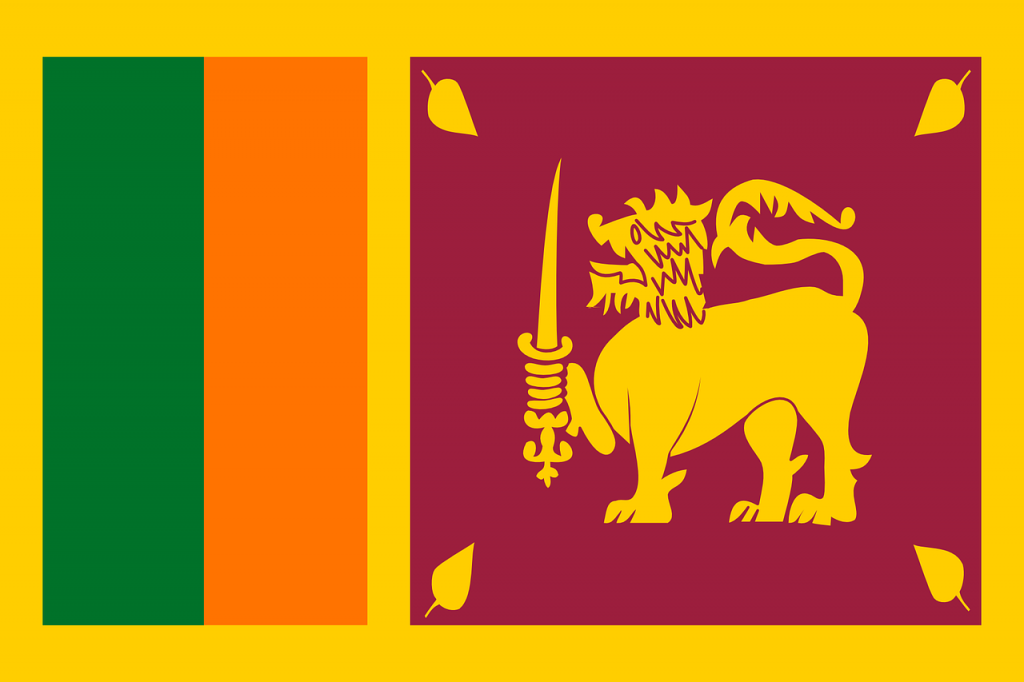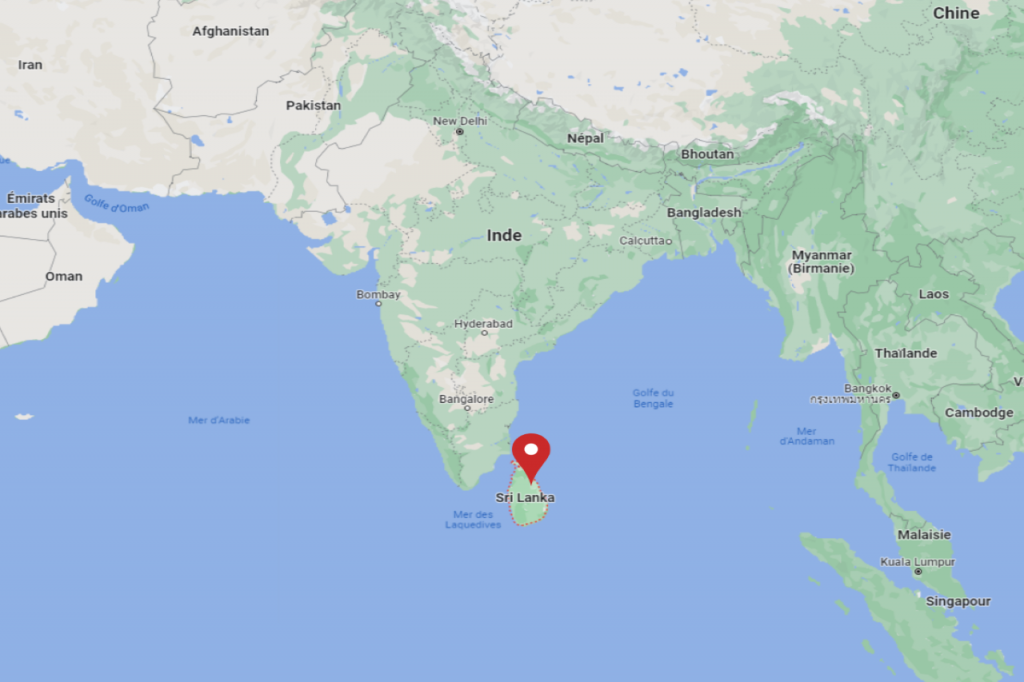(2016)
Sri Lanka, formerly known as Ceylon, is an island in the Indian Ocean, located about 30 km southeast of India, which is characterized by religious, cultural and linguistic diversity. As a former British colony, it gained independence in 1948.
Since then, there has been a succession of crises (civil war, constitutional crisis, economic crisis and political crisis), which have not facilitated the country’s development. Although the country ranks 72nd (out of 188) on the UN Human Development Index, 7% of the population is below the poverty line. Women and young people suffer the most from difficult living conditions, especially in rural areas. Youth unemployment is a major challenge as its rate is 3 times higher than that of the general population.
In addition, the country is highly vulnerable to natural disasters: in the northern and eastern regions of the country, periods of drought are becoming longer and more frequent, while the southwestern regions have experienced heavier and more unpredictable rainfall in recent years, causing intense and frequent flooding.
Economically, the tea industry is one of the main activities of the country along with the textile industry. Tourism also plays an important role but it is located in the most famous regions. It is therefore not only poorly distributed, but also sensitive to political and economic uncertainties.


Subscribe to the travel newsletter from our collaborative booking platform Vaolo to find out what’s new, follow our explorers and receive tips for more conscious travel.
The use of the masculine gender has been adopted for ease of reading and has no discriminatory intent.
© 2026 All rights reserved. Village Monde.
By continuing to use the site, you agree to our privacy and cookie policy
I accept